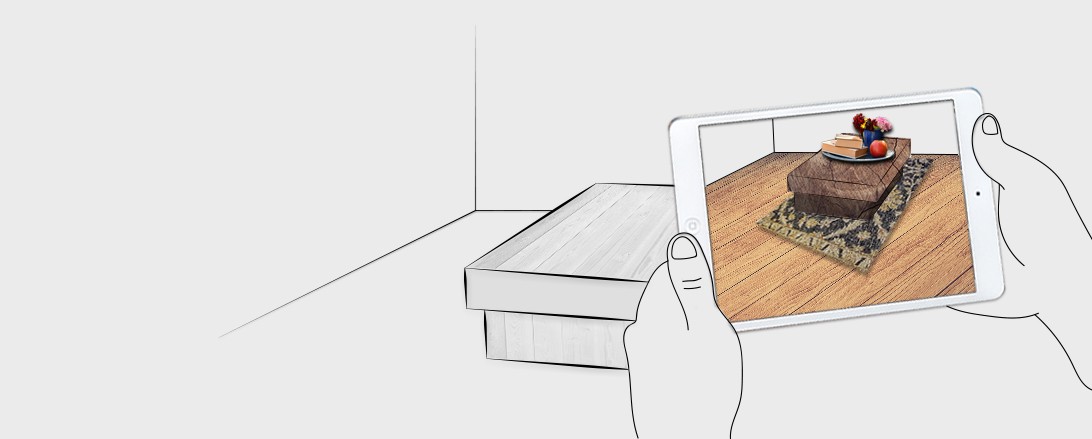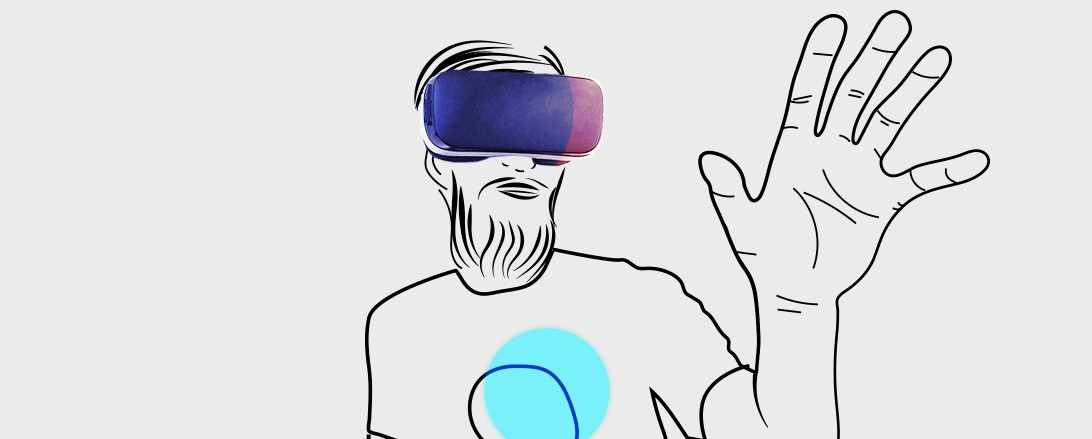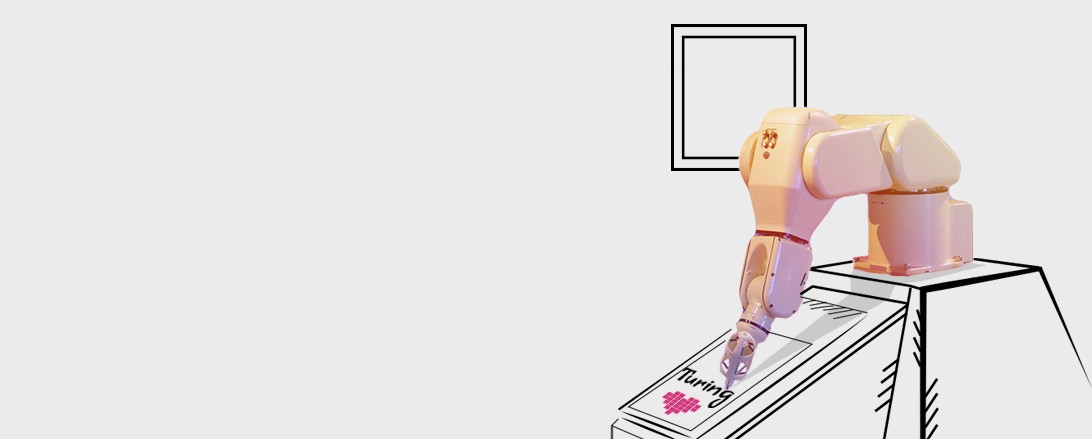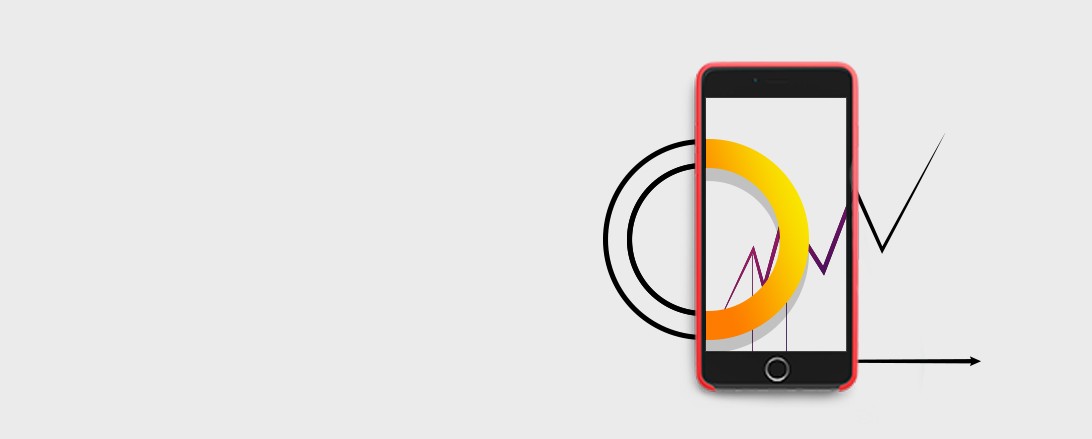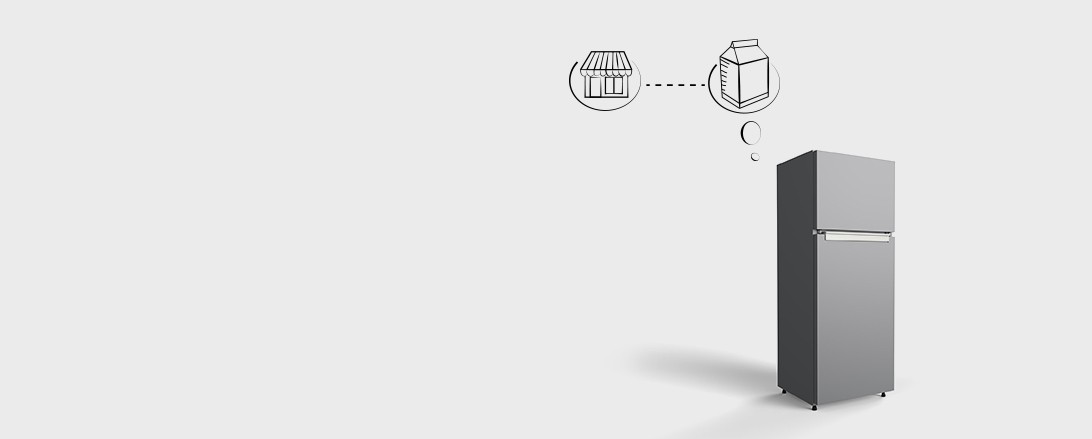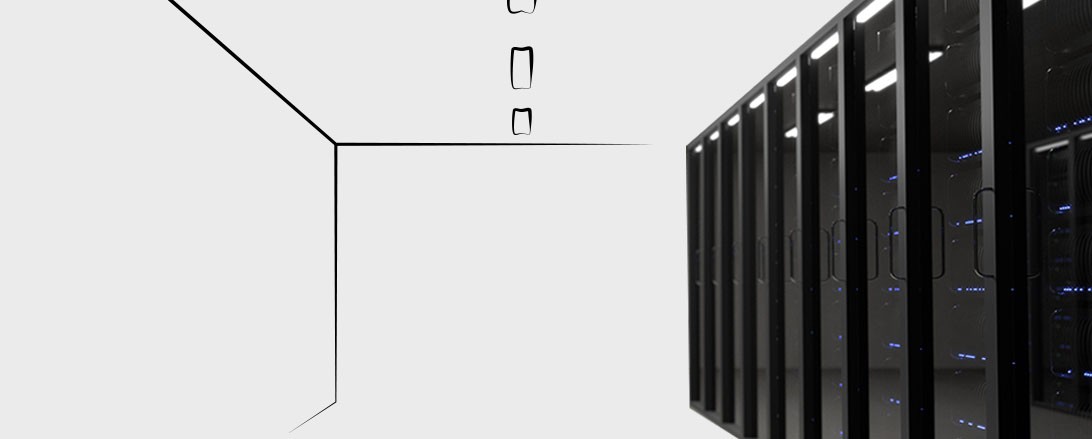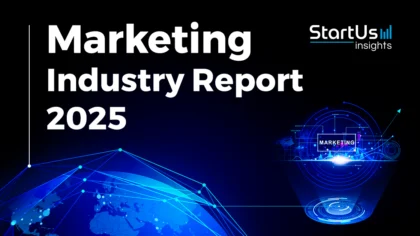Leverage our unparalleled data advantage to quickly and easily find hidden gems among 4.7M+ startups, scaleups. Access the world's most comprehensive innovation intelligence and stay ahead with AI-powered precision.
With the introduction of online shopping, on-demand delivery, and e-commerce businesses, consumer behavior and preferences have shifted toward an era, dictated by these preferences. Personalization and individuality are in high demand, causing retailers to turn to disruptive technologies to keep their customers happy and serve them from all angles.
One example of retailer’s efforts to motivate people to visit stores is called “just walk out technology”, first introduced in late 2016. The concept uses computer vision, deep learning algorithms, and sensor fusion to simplify the shopping experience: walk in, grab items, and walk out. Ultimately, developing technologies along with new customer expectations will deeply impact the retail industry, making tomorrow’s shopping a personalized, faster, and more convenient experience. Estimates put global retail sales at 23.6 trillion Euro by 2020, indicating the enormous potential of the industry.
This potential is driven by cutting-edge startups and the technologies they develop. At StartUs Insights, we ran an extensive analysis on 8.000+ startups, recognizing multiple innovation areas which already are, or soon will impact the retail industry. To shed light on the major application areas and disruptive technologies, we will share most dominant fields and the startups leading them.
